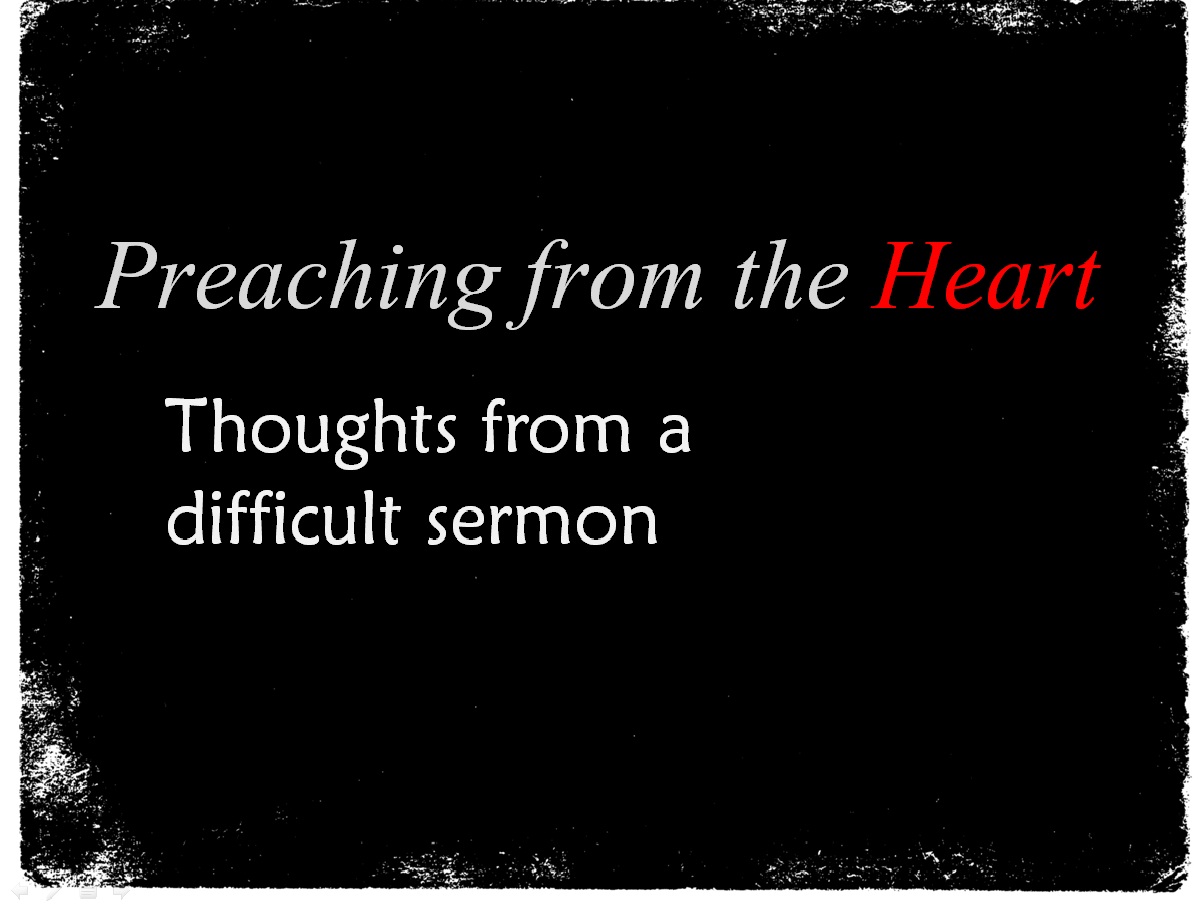
Will Your Loved Ones Have Hope?
One of the most-used passages at funerals and memorial services is 1 Thessalonians 4:13-18. The end of that chapter tells Christians to “comfort [or encourage] one another with these words.” In these verses, Paul shares some facts about the return of Christ, and he wrote to encourage the Christians at that time that their loved ones who had already died would not “miss” the Second Coming.
At the end of verse 13, Paul wrote that these Christians “may not grieve as others do who have no hope.” But, why would they have “no hope?”
As we’ve already mentioned, some were holding a belief that those who died before Christ returned would miss His return. Paul wrote to correct this false view and alleviate their pained hearts. Their loved ones would not miss this grand event.
Today, we understand this teaching, but we can still live in such a way that will cause others to grieve without hope. Simply stated, if I die unprepared to meet the Lord, that hope is taken from my loved ones. That may be a strong statement, but it is just one more reason why I want to be prepared for the end of my life, or for the return of Christ.
Christians, it is worth noting that Paul does not say that we should avoid grieving. Even Jesus wept (John 11:35). The point Paul is making is that we should not grieve in the same way as those who are hopeless.
When your life is over, if you are living the way you live now, will your loved ones have hope of a glad reunion, or will they have reason to sorrow without hope for you?
It’s a sobering thought, but it will cause you to prepare for eternity. Are you prepared?





5 Comments
Erin
I have a question that is semi-related to this but I can’t seem to find the answer. What happened to the gentiles who died before Christ came? I had an atheist ask me that and I felt completely foolish for not being able to articulate my thought about it.
adfaughn
This is a great question, and one that I have wondered about, as well. It needs, probably, more than an entire blog post for the answer, but here are some things to keep in mind.
1. The Jews in the Old Testament were to be a “light to the nations.” That is why we have the term “proselyte” in the New Testament. Basically, some Gentiles converted to the Old Testament law.
2. Books like Jonah remind us that God interacted with, and called for the repentance of, Gentile peoples. He dealt with them, but in a different way.
3. The Law of Moses was given to the people of God at Sinai, not to the Gentiles. Thus, I think the age of Patriarchs continued in the Gentile world until the coming of the Christian Age. In other words, Christ’s death and resurrection did not just end the Mosaic Age, it ended both the Mosaic and Patriarchal Ages.
I hope that helps a little, and I hope others will comment with their wisdom, too.
Pingback:
Erin
Thanks, Adam! It does help! I would love to hear any wisdom that there is on this subject.
Pingback: